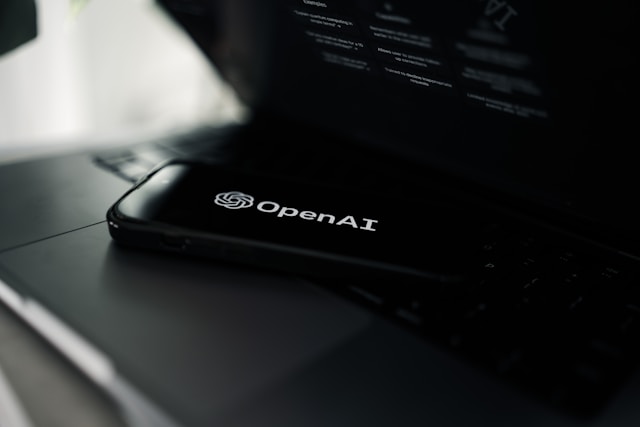Microsoft-backed OpenAI has set sights on the Indian market as part of its international expansion plan. The parent company behind the popular Chatbot ChatGPT has hired its first employee in the country, anticipating the potential changes in the artificial intelligence regulations with the upcoming new administration. OpenAI hopes to be part of this transformative phase in India’s AI sector.
OpenAI India Push
Pragya Misra is the first employee tasked with ensuring that the company’s interests are well taken care of in the country. He is to lead public policy affairs and partnerships when his tenure begins at the end of the month. Misra has previously worked at True Caller AB and Meta Platforms and thus comes with extensive experience and connections that should greatly benefit OpenAI amid the AI arms race.
The appointment of Misra underlines OpenAI’s focus on ensuring it plays a role in pushing for favorable artificial intelligence rules as the country moves to regulate the burgeoning sector. Additionally, it underscores its focus on one of the biggest markets with its 1.4 billion people. Nevertheless, it will be a challenge even as OpenAI moves to pursue opportunities in India.
Alphabet’s Google has already set a base in the country by developing an AI model specifically designed for the country. Its product stands out as it can handle more than 100 local languages across speech and text.
India has emerged as one of the markets well poised to benefit from artificial intelligence solutions, given the sheer size of the population. For starters, AI research could help improve government services like healthcare. Likewise, it is one of the reasons OpenAI is exploring ways of integrating its solutions and technologies into other services.
Google AI Reorganization
Meanwhile, Google has significantly changed its workplace teams as it seeks to develop more artificial intelligence products and services. As part of the new changes, models, research, and responsible AI teams will be consolidated under Google DeepMind, the company’s AI division. Consequently, teams working under Gemini and Gemma across Google Research must unite under one umbrella in DeepMind.
The consolidation should bring efforts across hardware, software and AI teams to ensure the computing power needed to train and build systems is less than one arm of the company. According to Alphabet CEO Sundar Pichai, the changes are designed to help the company work with greater focus and clarity. Google is racing against time to intensify its edge in generative AI as it is playing catch-up to Microsoft and OpenAI, which have a head start.
The new changes also come when the company has been shifting its priorities and lowering costs; it has already carried out a series of job cuts, creating new grim insecurity for workers. Recent cuts have affected employees working on the company’s digital assistant hardware and engineering teams.
Nevertheless, the reorganization has allowed the company to increase its focus on launching AI tools and siroccos. Part of the efforts are already bearing fruit, as seen by the launch of a new version of its powerful AI model, Gemini 1.5 Pro, which can handle large amounts of text, video, and audio outputs. It has also rebranded its AI chatbot as Gemini and launched a large language model to help gain favour among the open-source community.


